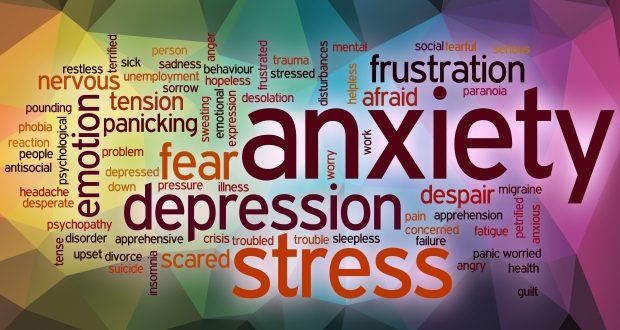How To Help Your Child With Addiction
Addiction is a serious issue and takes a huge emotional and physical toll both on people suffering from an addiction and their loved ones. It can happen to anyone, including teenagers.
Nothing can devastate a parent quite like seeing their child suffer from an addiction. It could be something seemingly less harmful, like obsessive social media use, to more serious conditions such as alcohol or opioid addiction.
However, regardless of the severity, any addiction isn’t something a parent should treat lightly.
Intervention is an important step to stopping an addiction from getting worse and taking the first steps towards rehabilitation. The sooner a parent can deal with the problem using tried and tested methods for addressing addiction, the quicker your teenage child can get the help they need.
-
Keep Tabs on your Child
In most cases, you wouldn’t know addiction if you are unable to see it. Most of the signs of addiction are kept hidden from plain sight, but it doesn’t mean parents won’t be able to spot any red flags. For this, it’s important to observe your child’s routines.
- Do they suddenly lack any enthusiasm for activities or hobbies that normally give them pleasure?
- Are they more irritable, or have erratic mood swings?
- Do you notice you have missing possessions?
Sudden changes in their habits and behaviors is a sure sign something isn’t right in their world.
-
Be Open-minded and Supportive
Addictions in teenagers are often attributable to several factors. Bullying, poor self-esteem, and insecurities play a central role in the development of destructive habits treated as coping mechanisms.
When you can talk to your child, make sure you keep an open mind to uncover problems you weren’t aware of. After that, make sure you give your full support to your child.
-
Start Treatment Right Away
Deeply rooted addictions can be difficult to overcome completely. Sometimes, you’ll need to dig deeper to root out and fix the very foundations of their problem.
What’s certain is that addiction recovery doesn’t happen overnight. It requires constant oversight and an extensive and refined process that mixes psychology and biology.
No doubt, it’s not always easy to get someone to seek treatment. According to this guide to help someone get into rehab, you’ll need to keep calm and listen to your teen.
Being able to discuss the problem effectively will help convince your child to seek treatment.
-
Be Physically Present
Whether you sent your teen over to a rehab center or not, you still need to show your support throughout the recovery process. Being there for your child will mean a lot.
That said, make sure to be in constant contact with your child. During the most difficult times, you might as well motivate your child and help them cope with the treatment process.
No matter how serious the addiction problem really is, parents should always step up and intervene. It’s a serious health issue that, if left untreated, can cause severe rifts in their relationships — including with you — as well as medical concerns.
Dealing with a stepchild who has chosen the difficult path of drug addiction can be crippling for you, their mother and the rest of your family. Despite all of your stress and turbulence, it’s still up to you, the stepfather, partnered with your wife to make things right. It would help if you got your family back on track.
Here are some pointers for how you can help a stepchild battling with drug addiction.






